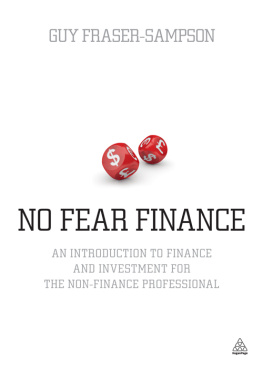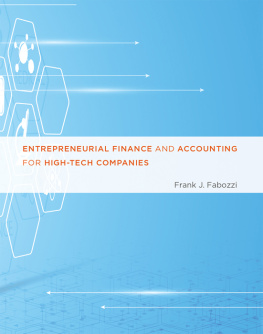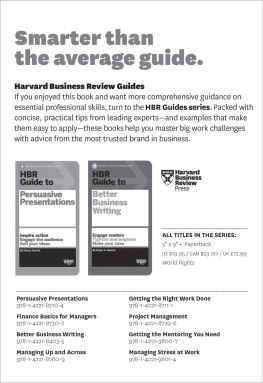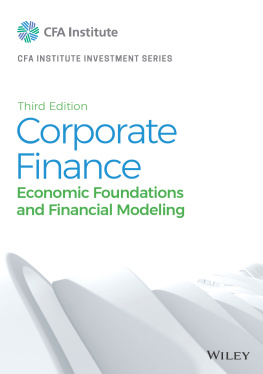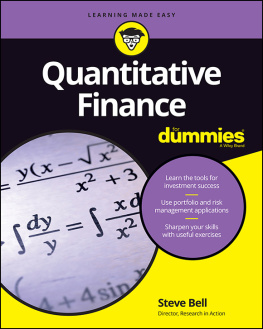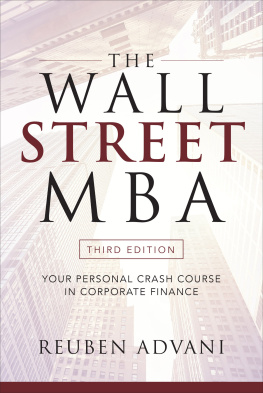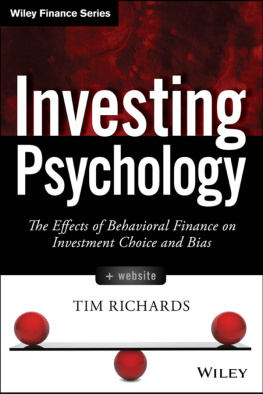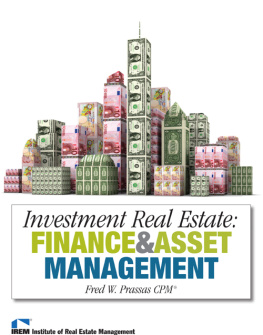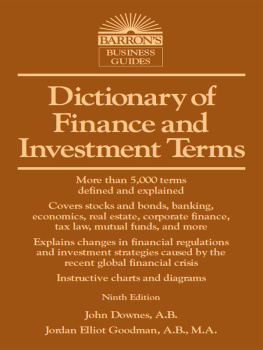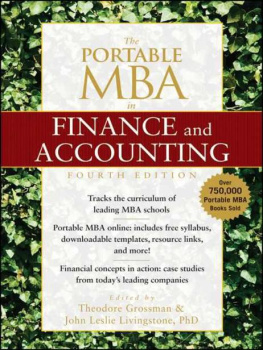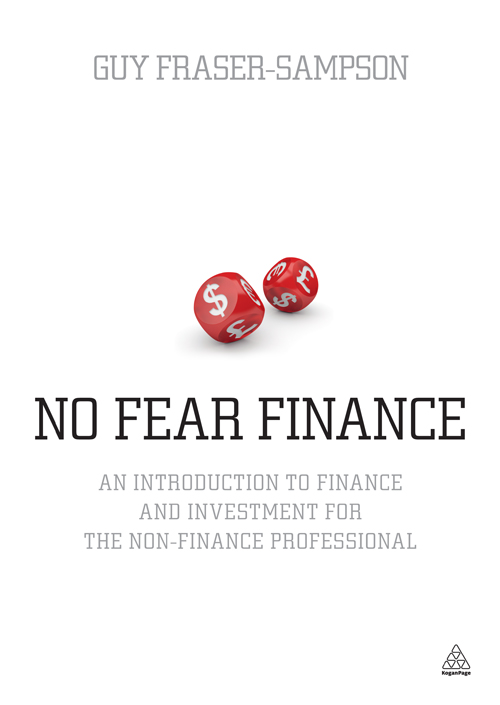
Note on the Ebook Edition For an optimal reading experience, please view large
tables and figures in landscape mode. |
This ebook published in 2011 by
Kogan Page Limited
120 Pentonville Road
London N1 9JN
UK
www.koganpage.com
Guy Fraser-Sampson, 2011
E-ISBN 9780749463885
Contents
The figures contained in this book are also available on the Kogan Page website. To access, go to http://www.koganpage.com/editions/no-fear-finance/9780749463878 |
DONT PANIC
Douglas Adams, The Hitchhikers Guide to the Galaxy
I t could be argued that the only absolutely essential things that people really need to learn about, the most important life skills, are sex and finance. However, whereas sex education now forms part of most school curricula, finance does not. This seems difficult to justify given that people enter into financial transactions every day of the week, be it as mundane as withdrawing cash from an ATM terminal, or as potentially life-changing as borrowing money to buy a property or choosing which type of pension provision you should have, and how much of it.
These are decisions that we should be able to make on an informed basis, but mostly cannot. This is knowledge that we should possess but do not, and are therefore disadvantaged. This seems neither fair nor socially desirable. Surely we have a right to expect, given a reasonable amount of application on our part, that our education should leave us financially literate, able to discuss and enter into financial transactions with a good level of understanding, particularly where other peoples money may be at stake as well as our own?
The writer has come across five broad groups of people who come to feel this lack of understanding very keenly. First, there are people who sign up for a business course, perhaps an MBA, but do not have a quantitative background and find themselves both alienated and baffled by finance classes. Incidentally, it is partly at the insistent urging of many of these people that this book has been written.
Second, there are people who find themselves thrust into a position of financial responsibility, perhaps as a pension fund trustee, or who would like to put themselves forward for such a position but feel held back by their lack of knowledge.
Third, there are those who get promoted at work and suddenly find that for the first time they are required to attend meetings where finance is discussed, and who feel excluded from that debate.
Fourth, there are entrepreneurs who have set up their own business but are frustrated to find that the whole process of business plans and dealing with banks seems somehow to require the use of special language and techniques, neither of which they comprehend.
Fifth, and perhaps most numerous of all, there are the general readers out there who, though well educated in other areas, feel that they really ought to understand finance, but recognize that they do not.
In a sense a book like this really should not be necessary. The fact that it is bears testament to a widespread belief that finance is somehow difficult or complicated, and that in order to understand it one requires a deep level of mathematical expertise. In fact, none of these things are really true. It is not difficult, just often badly taught. It is not complicated, though it is quite complex (ironically, much more complex than those who teach it would like to believe). Nor do we need involved mathematics, just simple arithmetic. We will return to this point a little later.
People who seek to learn about finance fall into two broad categories: those who have some sort of quantitative background (whom we will call mathematicians for the sake of simplicity, since they will typically have some sort of mathematically based qualification), and those who do not. Those who do not, the non-mathematicians, make up the five groups described above. If we ignore very specialist courses such as a Masters in Finance (usually an MSc qualification), then the first category are a tiny minority of the whole certainly no more than about 10 per cent. Yet finance classes are taught in such a way that they will make sense to the 10 per cent, but probably not to the 90 per cent. This seems crazy, so why does it happen?
It has to do partly with the sort of people who typically teach finance, and partly with how they perceive the subject. These factors are separate, but closely linked. Those who come to teach finance are invariably mathematicians, perhaps not strictly speaking but certainly as we have defined them above. Like any specialist group of knowledge workers, they have a techno-babble all of their own, and find it difficult to break away from this; the writer knows one finance lecturer who uses phrases like t superscript n in everyday conversation. Let us concede at once that they are hardly alone in this; the worlds of IT, law and medicine all come instantly to mind as areas where specialist jargon reigns supreme.
Yet where this jargon gets in the way of communication, and thus understanding, we have a problem. To communicate is the first and most important duty of any teacher; if your audience (all of them) cannot understand what you are saying, then you have failed totally. This tends to be quite well done in the law, where a lecturer will usually explain the term when they first introduce it, and give the conceptual background before diving into case names, statutes and section numbers. In finance, things just do not seem to happen like this.
A good mathematician, a natural mathematician, is a rare animal. We can all think back to maths classes at school and remember the one or two truly gifted individuals who not only had a natural grasp of mathematics, thinking of an equation instinctively as a curve, but could reach out to what they perceived as the real beauty of numbers and be inspired by its seductive claims to offer a basis for universal understanding of the world around us.
What happens later is that these one or two people come together in undergraduate maths classes, which are populated by the one or two people like them from schools all over the country. There thus rapidly opens up a huge gulf, as their knowledge base rapidly expands to match their abilities, while at the other end of the scale we find people who struggle all their lives with decimals and percentages. Interestingly, this does not happen with a subject like law. Since it is rarely taught in schools, then most students come to it from a study of some other academic area such as history, or languages, or chemistry.
This is one prong of the problem. These mathematicians go out into the world to teach finance, and though they appreciate that they have to assume a lower level of mathematical understanding in their students, they do not properly appreciate just how much lower it is. It is not just a question of knowing what the accounting equation is, for example, but about being comfortable with everything that implies, such as being able to see instantly the different ways in which any equation can be arranged, and how and why. It is not so much the numbers, but all the implicit assumptions that underlie being able to work with them. It would be like teaching law to first-year undergraduates and expecting them already to have a thorough grasp of causation, subjectivity and linguistic philosophy. They dont, and it is these peripheral skills that make the difference between understanding the law, and merely knowing the law.

